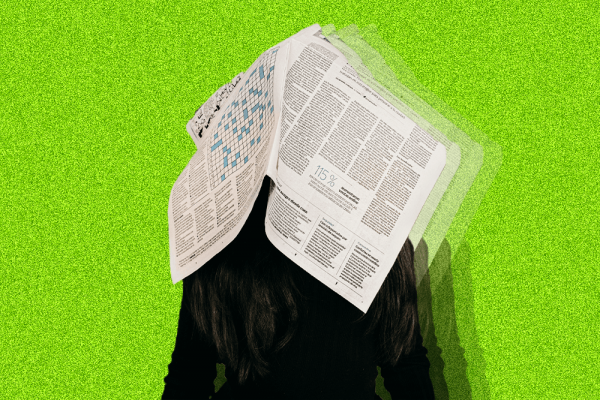Oct 20, 2022
If God is calling us to build more just communities, we are first called to know what is happening in those communities — and for that, we often need the work of journalists. But engaging news should not come at the expense of one’s mental health and emotional wellbeing. Here’s how engaging the news can be a personally and societally beneficial process.
Read the Full Article

Already a subscriber? Login
